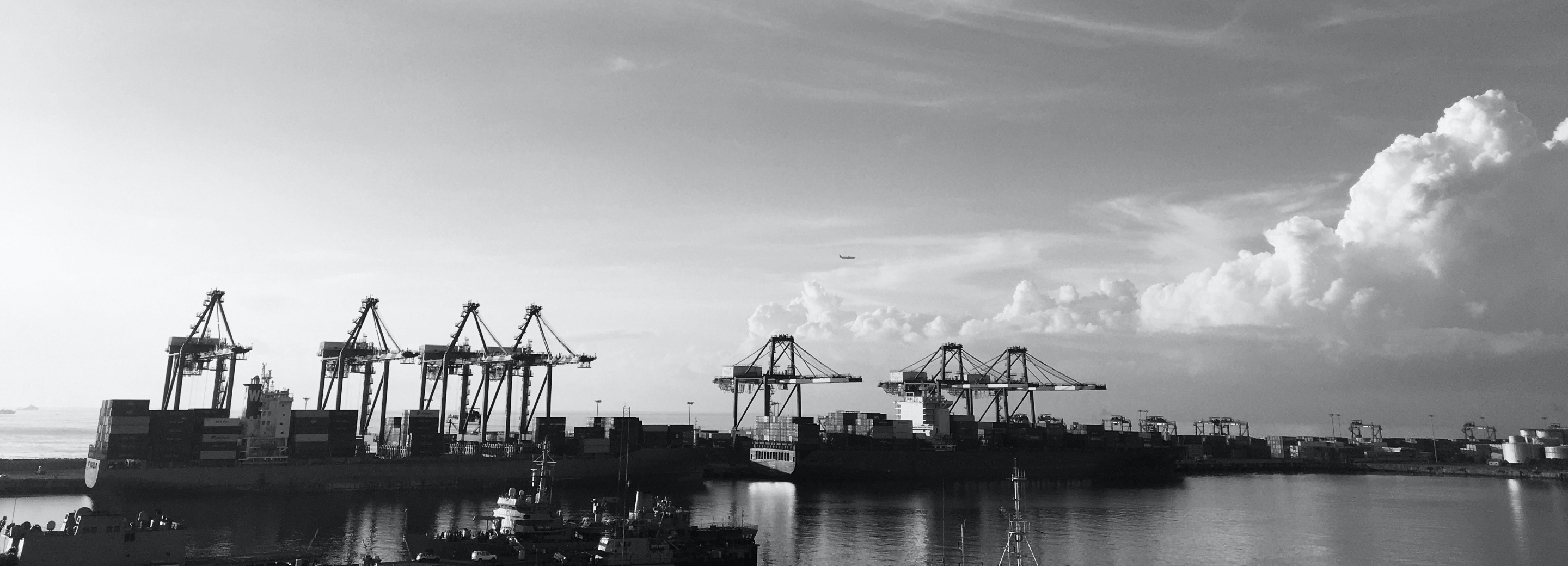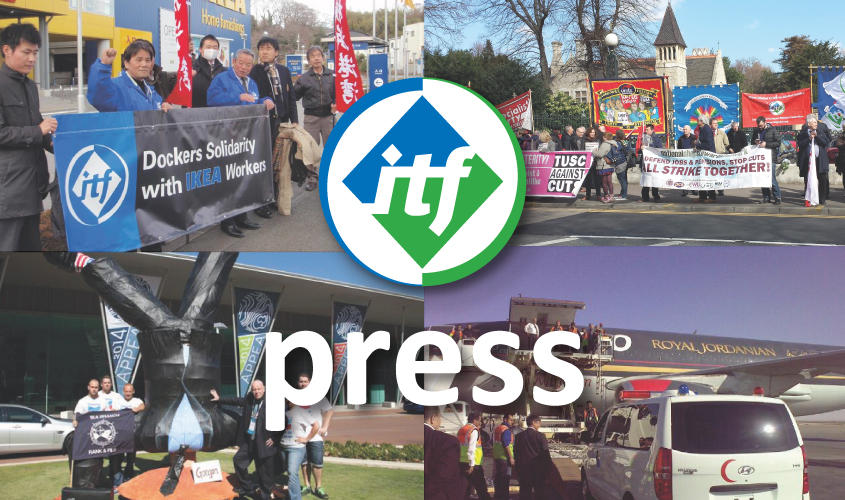
Shipping Australia CEO Rod Nairn has bizarrely questioned the ITF's motives in encouraging parliamentary scrutiny of low standard shipping following a case where three workers were very likely murdered at sea onboard the Sage Sagittarius in 2012.
A coronial inquest into two of the deaths onboard the Panama-flagged coal carrier continued today at the Glebe Coroner’s Court in Sydney. The third death is beyond the scope of the Australian inquest.
The coroner has heard allegations that guns were being sold on board and that assaults on and intimidation of the crew were widespread.
Counsel assisting the inquiry Philip Strickland SC has told the coronial inquest inquiry that it appears not much has changed when it comes to the oversight of flag of convenience (FOC) shipping since the Ships of Shame Inquiry in 1992.
The case was covered by Australia’s Four Corners television programme and the Australian Senate last week decided to launch an inquiry into FOC shipping.
The Rural and Regional Affairs and Transport References Committee will examine the national security, fuel security, environmental, social and economic impacts of FOC shipping and revisit the 1992 Ships of Shame Inquiry.
The ITF has welcomed the Inquiry. But Mr Nairn, who represents FOC shipping interests in Australia and is pushing for deregulation of Australia’s shipping sector, told IHS Maritime on June 2:
"They are drawing a long bow to connect it to cabotage,” Mr Nairn said.
"This is clearly a delaying tactic put together by the Maritime Union and the Labor Party, designed at delaying any changes to coastal shipping regulations by referring a potentially unrelated shipping matter to a senate inquiry with a reporting date of 2016."
ITF general secretary Steve Cotton said Shipping Australia has overstepped the mark and demanded an immediate retraction.
"The ITF pushed for this coronial inquest and is a party to proceedings,” Mr Cotton said.
"The ITF places the safety wellbeing of seafarers front and centre and Mr Nairn’s outrageous comments bring the relationship between international shipowners and the ITF into jeopardy.
“Mr Nairn is the Australian champion of the FOC shipping industry and is charged with expanding their reach into the Australian domestic industry.
“We expect him to resist scrutiny into the darkest practices of the system but to dismiss the investigation into three men's suspicious deaths as a union gambit is outrageous.
"The ITF will continue to fight to ensure that international seafarers have adequate protection – whether it’s in Australian waters or anywhere else across the globe.
"Mr Nairn’s attitude isn't representative of international concerns and he needs to retract his comments. Reponsible shipowners are implementing and backing the Maritime Labour Convention. Mr Nairn’s apparent lack of respect for seafarers’ rights stands at odds with that experience.”
The ITF strongly believes that the removal of cabotage would weaken labour and safety standards and threaten thousands of domestic jobs in Australia’s maritime sector.
Cabotage is a normal way to deliver domestic freight securely, safely and predictably for many maritime nations including the United States, Japan, China, Indonesia and the Philippines.
United States Seafarers International Union (SIU) secretary-treasurer, and ITF seafarers’ section chair, David Heindel, said the US experience has been that strong cabotage laws help support jobs as well as bolster economic and national security.
“Especially in times of crisis, shipping is essential to national security and as a nation, you need to think twice about allowing essential skills to be placed in the hands of non-Australian interests,” Mr Heindel said.
“What you don’t want to see is more flag of convenience ships, with their questionable standards and exploited crews, take over ports and displace Australian vessels.
"Additionally, local seafarers and their shipowners and/or operators contribute to the local and state tax coffers, utilise domestic business and services, and are a part of the community. FOCs avoid all of these. And during these uncertain economic times, I would expect a government to bolster domestic jobs rather than attempt to eliminate them."
Submissions to the Senate Committee will close on 7 August and it is expected that international organisations including the ITF will contribute.
ENDS
